Ghana Travel Guide
Discover Why You Should Visit Ghana
Why Visit Ghana?
Ghana is one of West Africa’s most welcoming and vibrant destinations, offering a mix of cultural heritage, coastal beauty, historical landmarks, and rich traditions.
From the castles of Cape Coast to the bustling streets of Accra, Ghana blends old and new, creating a destination that is deeply moving, adventurous, and fun.
Ideal for: Culture seekers, history enthusiasts, beach travelers, and anyone curious about the African diaspora.
Must-Know Facts
Capital/Major City: Accra
Language(s): English (official), Twi, Ewe, and other local languages
Currency: Ghanaian Cedi (GHS)
Best Time to Visit: October to March (dry season with pleasant weather)
Fun Fact: Ghana was the first African country to gain independence from colonial rule in 1957.
Top Things to Do
Walk the canopy bridges of Kakum National Park
Visit the Cape Coast and Elmina Castles, powerful symbols of the transatlantic slave trade
Relax on the beaches of Busua, Kokrobite, and Ada Foah
Explore Makola Market and the vibrant art scene in Accra
Take part in a traditional naming ceremony or local festival
Local Culture & Lifestyle
Ghanaians are known for their friendliness and hospitality. Respect for elders, community, and tradition play an important role in daily life.
Colorful clothing, rhythmic drumming, and expressive dancing are central to celebrations and festivals.
Ghana’s cultural identity is also deeply rooted in its tribal heritage and pan-African pride.
Food & Drink Highlights
Street Food: Kelewele (spicy fried plantains), waakye (rice and beans), chichinga (meat skewers)
Restaurants: Skybar25, Buka, Chez Clarisse Mama Africa
Drinks: Palm wine, sobolo (hibiscus drink), Club Beer, fresh coconut water
Desserts: Bofrot (sweet fried dough), tiger nut pudding, cornmeal cakes
Main Dish & Culinary Symbols
Signature Dish: Jollof rice with grilled chicken or goat, served with spicy shito sauce
Common Ingredients: Tomatoes, onions, chili peppers, rice, plantains, cassava
Culinary Culture: Meals are often spicy and hearty, served with soups or stews and eaten communally using the right hand
Symbols & Icons of the Area
Natural Icons: Lake Volta, Mole National Park, Wli Waterfalls
Cultural Icons: Kente cloth, Adinkra symbols, talking drums, Black Star Gate
Hidden Gems & Off-the-Beaten-Path
Nzulezu stilt village built over a lake
Boti Falls and its twin waterfalls in the Eastern Region
Larabanga Mosque, one of the oldest mosques in West Africa
Shopping & Souvenirs
What to Buy: Kente cloth, beads, wooden masks, woven baskets, shea butter
Where to Shop: Arts Centre for National Culture (Accra), Kumasi Central Market, local craft villages
Getting Around
Public Transport: Shared taxis and tro-tros are common but informal
Car Rentals: Ideal for long-distance travel or visiting remote areas
Tip: Local drivers are available for hire and can also act as informal guides
Walkability: Good in neighborhoods and small towns, less ideal in busy urban centers
Travel Tips
Carry cash, especially for markets and small businesses
Respect cultural norms including dress and greetings
Malaria prophylaxis and vaccinations are strongly recommended
Ask permission before photographing people or cultural sites
Where to Stay
Budget: Somewhere Nice Hostel (Accra), Big Milly’s Backyard (Kokrobite)
Mid-range: Aknac Hotel, Coconut Grove Beach Resort
Luxury: Kempinski Hotel Gold Coast City, Labadi Beach Hotel
Unique: Beach lodges in Busua or eco-friendly accommodations near national parks
Sample 4-Day Itinerary
Day 1: Arrive in Accra, explore Independence Square, Makola Market, and local art galleries
Day 2: Day trip to Cape Coast Castle and Kakum National Park canopy walk
Day 3: Visit Aburi Botanical Gardens and local craft villages
Day 4: Relax at Kokrobite Beach or explore Jamestown for colonial architecture and street art

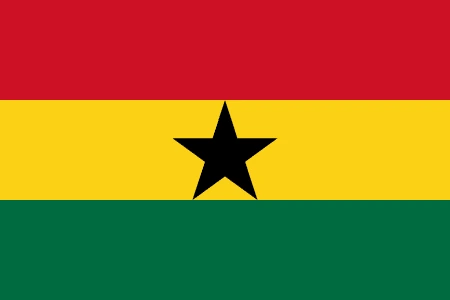
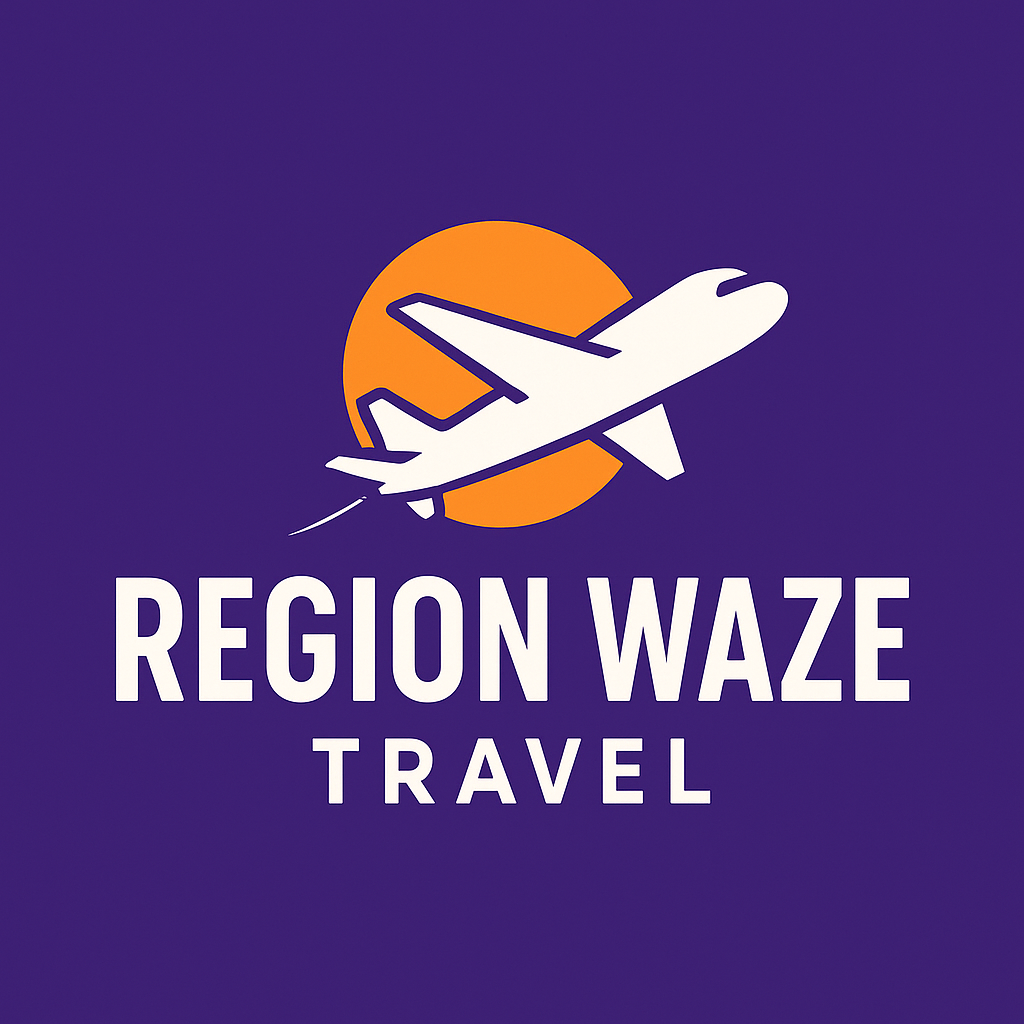
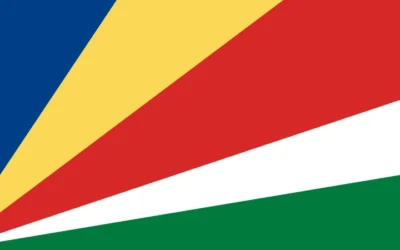
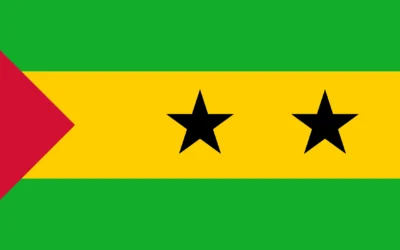
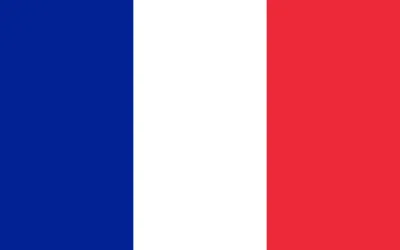
0 Comments